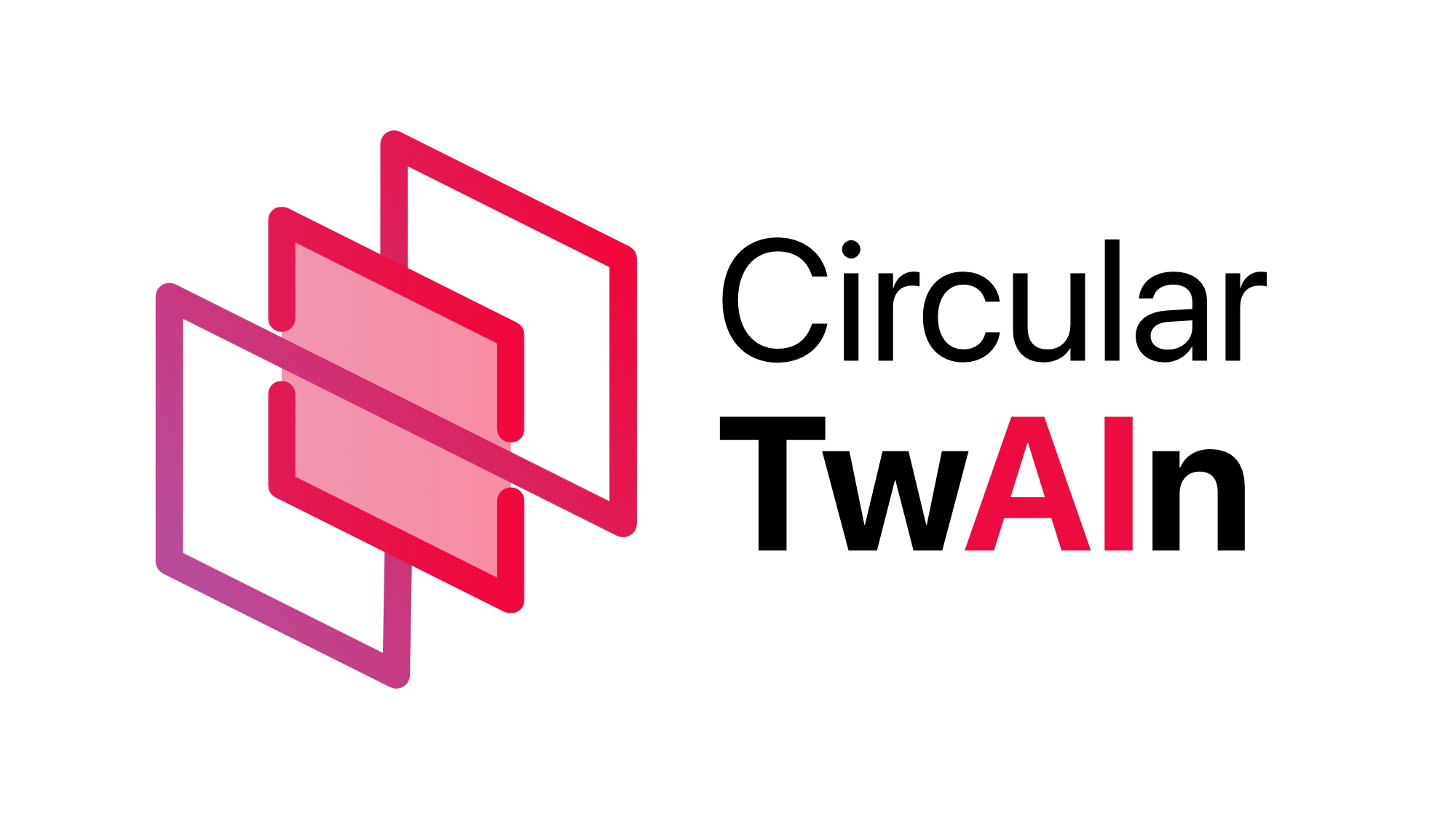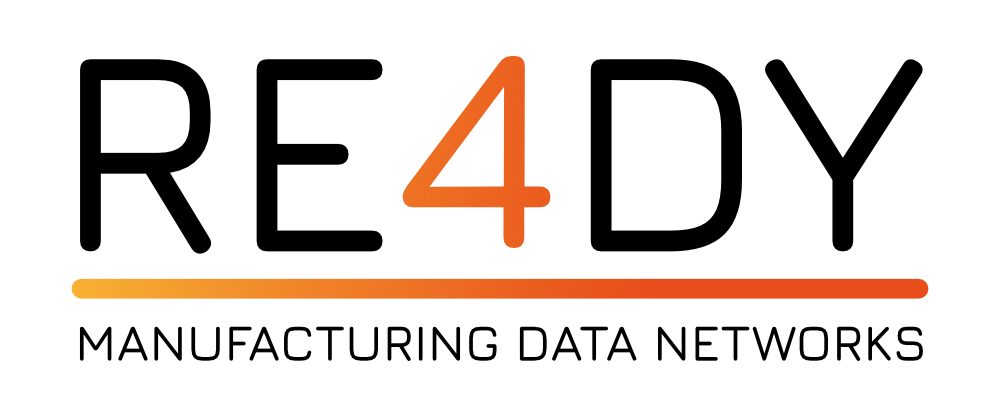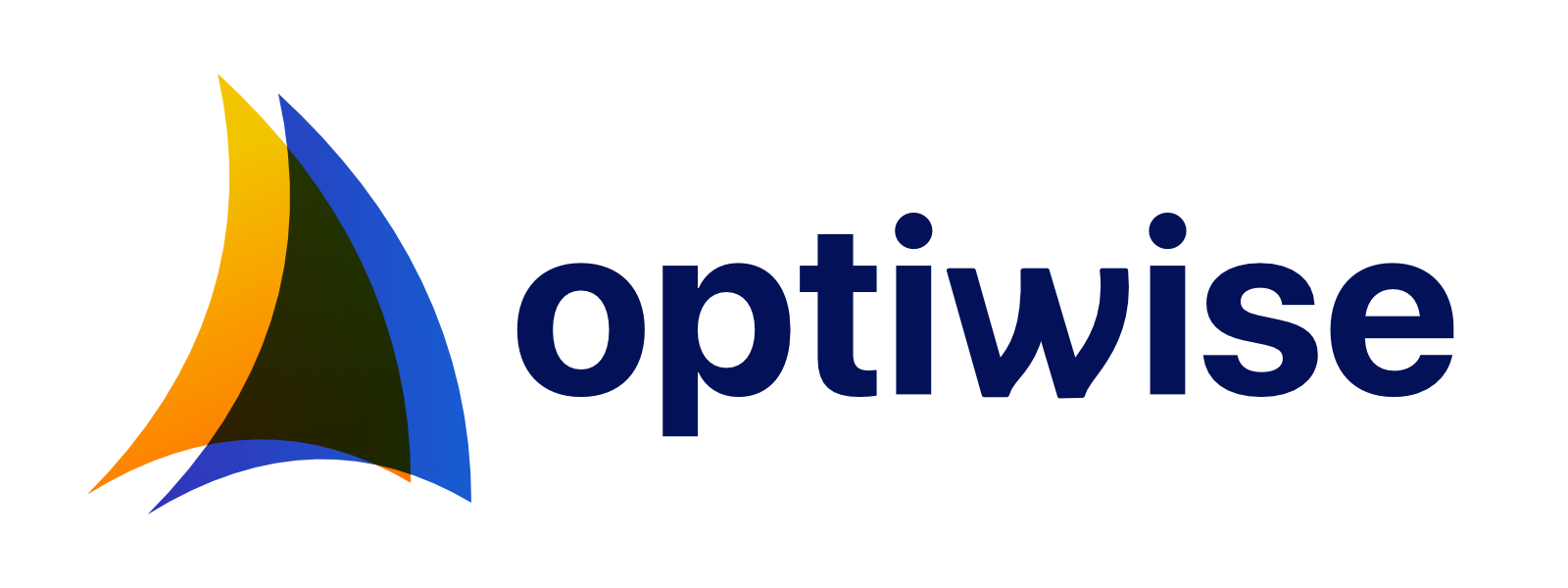News
The CORE news hub
The new era of autonomous tugboats and intelligent docking for large ports | MOSES project
MOSES project
The new era of autonomous tugboats and intelligent docking for large ports
Author: Manthos Kampourakis
January 11th 2023
Nowadays, hub port operations are becoming less efficient due to congested waterways, manoeuvring and berthing processes that are error-prone, time-consuming, costly, vulnerable to disruptions (e.g., strikes), and accidents with significant environmental impact. The MOSES project tries to tackle all these challenges by adopting an autonomous vessel manoeuvring and docking scheme that provides operational independency from the availability of port services. This innovative scheme is based on the cooperation of a coordinated swarm of autonomous tugboats that automates manoeuvring and docking where CORE Innovation is in charge.
The first part for which CORE Innovation was responsible was the design and development of a swarm of intelligent virtual tugboat agents, capable of both performing accurate docking of a large containership and coordinating their actions. The goal of the swarm was to pull off simulations of two virtual scenarios which demonstrate the added swarm intelligence factor. For the first scenario, starting from an initial distance of about 80m from the dock, the push tugboat agent’s mission, was to assist on berthing while the large containership would apply corrective movements using its bow thruster. The pull tugboat agent aimed at maintaining the mother vessel’s yaw angle close to zero. For the second scenario, a swarm of four tugboat agents in total learnt to assist on the berthing operation (two push agents) while again maintaining the mother vessel’s yaw angle (two pull agents).
In this video, the sped-up demonstration of the first simulation scenario, the accurate docking of a large containership, is displayed. The upper right corner displays the distance between a marked position on the tip of the dock and a point at approximately the middle of the starboard of the vessel. The bow thruster applies corrective movements to the yaw angle using a custom script. The whole system covers about 70m until it reaches the dock at a predefined distance. At this point, the two tugboats decelerate and then an automated system can take over for docking.
To achieve this, the Unity3D simulation environment and the 3D models of all involved actors were used. Real-world performance was achieved by calibrating the environment physics and the development of custom Reinforcement Learning algorithms led to the successful swarm training. All relevant information needed to accomplish each agent’s task were given as inputs; the location, acceleration, and distance of virtual LiDAR sensors. Propulsion and steering control outputs enabled agents’ navigation. Learning was achieved by employing tailor-made reward signals that directed the learning process in their policies and at the same time penalized undesired tugboat actions e.g., collisions.
The second part for which CORE Innovation is responsible within MOSES project, will be completed in 2023. The goal is to repeat the above-described process in a virtual environment using pilot-specific components and train a swarm of agents in a real-life pilot demonstration.
CORE's technical results in the iQonic project
iQonic project
CORE's technical results
Author: Spiros Fourakis
22nd September 2022
Figure 1: Original wafer image (left) and corresponding defect detection result from CORE defect detection model (right).
The iQonic project is entering its last few months and the project’s final webinar will take place in the morning of September 22nd. The project centers around a scalable zero-defect manufacturing platform covering the overall process chain of optoelectrical parts, facing the challenge of dealing with the evolution of the equipment, instrumentation and manufacturing processes they support. CORE’s efforts focused on deep learning algorithms to ensure strong prediction and detection skills and respective reactions to achieve zero defects.
More specifically, within the iQonic project, CORE has developed a new complete framework for defect detection and quality prediction of final assembled product in two demo cases AlPES and Prima. In particular, CORE’s contribution for Alpes Demo Case concerns the development of a machine learning-based defect detection solution which is focused on defect identification on the wafer parts (Figure 1).
Figure 2: Validation in early anomaly detection
Concerning the Prima Demo Case, a new and complete framework for prediction quality of a multi-laser emitter product, based on deep learning models was developed. The framework consisted of two stages: (1) early anomaly detection, focused on investigating the suitability of the final assembled product during early production stages, and (2) accurate prediction, which focused on estimating the quality index of the final product from its’ early production stage. Both models were successfully validated with real offline data from the production line. Especially, the anomaly detection model correctly predicted all the normal assemblies and nearly all defective assemblies, with only 3 false negatives (Figure 2).
Figure 3: Validation in accurate prediction of total power
Similarly, the quality prediction model demonstrated considerably low prediction errors and good generalisation performance (Figure 3).
CORE brings in 6 new landmark projects under the Horizon Europe framework (2021-2027)
Under the Horizon Europe framework (2021-2027)
CORE brings in 6 new landmark projects
Author: Mike Mantzavinos
20th July 2022
CORE brings in 6 new landmark projects under the Horizon Europe framework (2021-2027).
2022 has seen CORE so far participating in 6 project launches under the new Horizon Europe framework. After joining the 6th kick-off meeting for this year, the team takes a moment to reflect on the significance of this new phase of EU’s strategic funding as well as what it means for the CORE team.
The new projects, most of which involve green and digital transition, mark a phase of maturity and recognition for our team. CORE’s experience -counting 19 projects in EU's Horizon 2020 framework programme (2014-2020)- has cemented the company’s footing as a research and technology partner, a reliable collaborator in innovation management, as well as an expert partner in communication and dissemination work for such projects.
What is Horizon Europe?
Horizon Europe, the EU’s Key funding programme which runs from 2021 to 2027, sets new goals, procedures, and principles, aiming to tackle both European issues and global challenges. Energy transition, resilient industries and cities as well as health and societal transformation feature high on the agenda of this new phase of EU R&I funding. The fund’s new direction includes reinforcing and extending the leading position of the Union’s science base, driving forward European industrial resilience and competitiveness, and cultivating innovative ecosystems which will support market-creating breakthroughs.
Horizon Europe also includes key innovations resulting from lessons learned from the previous H2020 framework. Namely, an open science policy has been set in place, with the goal to further advance the diffusion of expert knowledge. New approaches to partnerships, extended association possibilities and the establishment of the European Innovation Council complete the novelties that aim to scale technological breakthroughs, support the market-uptake of innovations and realize the required green and digital transitions. The new strategic approach brings the framework in closer alignment with our own vision as a company and finds us growing towards a partner which can support the totality of Horizon Europe’s ambitions by adhering to our founding mission. That has always been to offer more industries, companies and people the opportunity to fulfil their true potential.
The projects and CORE’s contribution
For CORE, the newly initiated framework marks a new chapter for the technical arm of the team, building on an already highly successful trajectory so far. Strongly positioned in the field of manufacturing transformation with 11 industrial related projects spanning to various other EU funding frameworks, the team has accrued critical expertise in the research and innovation field which has come to be known as ‘factories of the future’. The team is now part of 4 new Horizon projects in the same area of interest: Ambiance (cluster4 – digital, industry and space), s-X-AIPI (cluster4), Circular TwAIn (cluster4), and RE4DY (cluster 4).
Moreover, OPTIWISE (cluster5 – climate, energy and mobility) project, focused on the transition of the maritime industry, completes the set of the new Horizon Europe projects, along with INPERSO (cluster5), a project aiming to bring digital technologies into the Building and Construction sector.

Ambiance project will work to develop and showcase disruptively innovative bio-based products in different sectors and manufacturing processes, while also demonstrating applicability in daily-life products, starring green urban areas that will lead the transition to sustainability.
CORE will be leading the efforts of developing an efficient framework for acquiring, correlating, synchronizing, and processing data, which will be applied in both data-driven and physics-based models. The team will also develop an advanced Decision Support System (DSS), aiming to optimize the machines’ operating parameters, as well as identify possible strong relationships among them. To further optimize the manufacturing parameters, CORE IC will co-lead the development of accurate hybrid Digital Twins, composed by physics-based and data-driven models.

s-X-AIPI will see the development of novel AI applications in the field of process industries. New data pipelines, architecture and realistic datasets from 4 use cases will be coupled with an autonomic manager aiming to create smart solutions which will minimize human-in-the-loop involvement while also exhibiting self-improving abilities.
CORE’s technical contribution will focus on developing algorithms involving quality prediction of products, based on sensorial data, recipe optimization and automating the deployed models’ optimization and re-parametrization, including keeping the human operators in-the-loop. Moreover, our Profit Simulation Tool will be deployed to explore the profitability of the s-X-AIPI business model and simulate the exploitation phase. The team will also be leading the work package relating to the communication and dissemination of the project.

Circular TwAIn, also involving the manufacturing and process industry, will see the development of an AI platform for circular manufacturing value chains, which will support the development of interoperable circular twins for end-to-end sustainability.
CORE will contribute to the design of the reference architecture and the distributed intelligence system, along with developing appropriate #dataspaces for communication exchange and provide AI enabled #digitaltwins based on deep neural networks.
Furthermore, CORE IC will lead the effort of developing an exploitation strategy plan with the aim to maximize the impact of the novel AI Platform towards a more sustainable manufacturing value chain. We will be responsible for ensuring the replicability of the project, while liaising with other AI in manufacturing projects, clusters, and initiatives.
Last, the team will also be leading the Dissemination and Communication activities, expanding the project’s impact and boosting awareness within the defined target groups.

RE4DY project plans to demonstrate how European Industry can jointly create unique data-driven manufacturing and supply networks. The consortium will build on the previous Zero Factory (zero defects, zero breakdowns, zero waste…) framework, to realize large scale distributed data-driven industrial and manufacturing networks.
CORE Innovation Centre will have an active role in the technical design of the digital 4.0 continuum framework architecture, which relates to the cognitive digital twin, as well as the self-service analytics and manufacturing data spaces. CORE IC will also participate in the development of the AI platform and more specifically, in tailoring enriched Machine Learning models via federated learning, and delivering model deployment and integration as part of the digital 4.0 continuum open toolkit. Regarding the use cases, CORE IC will contribute to setting up the pilot use cases and carrying out large scale on-site trials, in order to validate the factory 4.0 operations and produce insightful benchmarking data.
In the exploitation phase, CORE IC will lead the development of the RE4DY exploitation plan, which will outline the roadmap for launching the RE4DY technologies and their market uptake.

OPTIWISE is one of the two cluster 5 (climate, energy and mobility) projects of CORE where the team will be supporting the effort to test and further develop concepts of wind propulsion in maritime applications, while also developing new holistic vessels design, architecture and control methods to significantly improve energy savings in maritime transport.
Our main role will be energy performance monitoring and optimization of wind propelled ships towards decreased emissions and higher energy efficiency. The main tasks include the development of an energy management system (EMS) that will make decisions on the hybrid use of conventional/wind propulsion aiming at increased energy savings. The EMS will be adjusted for the needs of two demo cases of the project. Additionally, CORE will lead the Communication, Dissemination and Exploitation activities aiming to maximize the project’s impact.

INPERSO project will work towards integrating digital technologies into the Building and Construction European sector. Constituting a holistic deep renovation programme of both residential and heritage buildings which tackles challenges throughout a building’s lifecycle, the project aims to bring the Building and Construction sector into the digitalized era.
CORE Innovation Center’s involvement in the project will be quite extentensive, including technical, innovation and communication activities.
Our team will lead the development of a Multi-Stage Energy Consulting System (MuSECS), which will be achieved through the use of Artificial Intelligence and Machine Learning tools combined with energy data from heterogeneous sources as well as information from the energy grid provider and external services. CORE IC will also contribute to the Asset Health Monitoring module which includes condition and anomaly detection.
The team will bring its extensive expertise in the innovation work package where we will apply standardization and certification, ecosystem empowerment efforts, project development cycle and sustainable innovation management. Finally, CORE IC’s communication department will be responsible for crafting a unique digital identity, including the visual identity, document templates and website as well as other setting up other communication channels.






